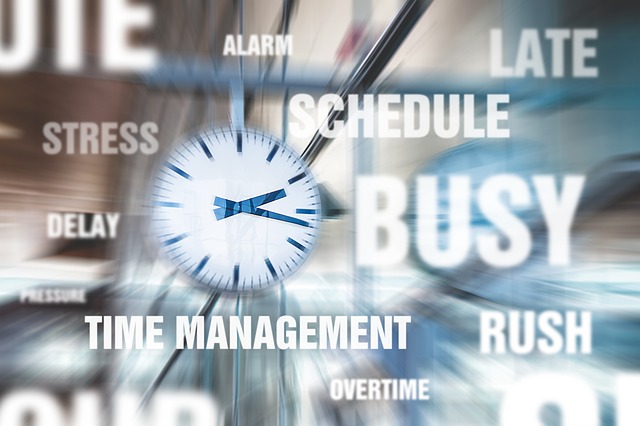
You’ve passed your exams. You’ve found yourself a great job with a dynamic forward thinking company where you can develop your technical skills. Now you can sit back and let someone guide your career for you. Right? Wrong!
Throughout your career you always need to take ownership of your development. You will no doubt be aware of your requirements for continuing professional development from a technical perspective. However it is often the seemingly more peripheral areas of personal development that can be overlooked. These may be the areas where individuals can develop most, and if you are willing to take responsibility for your own learning and growth they can be some of the most satisfying. One way to do this is to consider using a mentor, which can be a fantastic way to improve interpersonal, managerial and technical skills.
The benefits of a mentor in all types of organisation are well documented – according to The Guardian about 80% of FTSE 100 CEOs claim to have benefitted from the advice of one. Local entrepreneur Darren Clark founder of Spotless Spaces is also a big fan:
“I believe that having a mentor was one of the best things that happened to me in my career and I wouldn’t be where I am today without the knowledge and guidance that it gave me. Having a mentor gave me the confidence to not only believe in myself but to achieve amazing things, I guess they see something in you that at the time you don’t see in yourself”.
A good mentor is likely to be relatively senior to you, trustworthy, able to demonstrate empathy and have good active listening ability. Like any worthwhile relationship a good mentor/mentee partnership will develop over time and therefore it is important to find someone who is willing and able to commit sufficient time to the role. In return the mentor will get the opportunity to develop new skills and the personal satisfaction that comes from helping others and passing on experience. A good mentor will ask challenging questions and allow a mentee to develop their own answers to an issue rather than necessarily providing an answer.
As a mentee you need to ensure that you are open and honest and able to accept feedback. You are likely to experience an increase in your performance, confidence and job satisfaction, and an increased awareness of the environment and culture in which you work.
When we asked successful Bristol entrepreneur Pat Wood, founder of Truffle Shuffle, for his views he was firmly of the belief that mentoring provides benefits to both mentors and mentees. Pat says:
“Mentoring is a valuable and important resource…I’m in an interesting position of being both a mentor and mentee and appreciate the value from both sides. It helps me make decisions I wouldn’t otherwise have made. I credit my mentor with helping me see the wood from the trees”.
As with all relationships the more you are prepared to invest in them the more they are likely to develop and improve over time. It is important to recognise though, sometimes any relationship may not work. If this happens, don’t take it personally, just accept it and move on.
However once you find a mentor that is right for you then they can be an invaluable resource to help navigate your career path.



